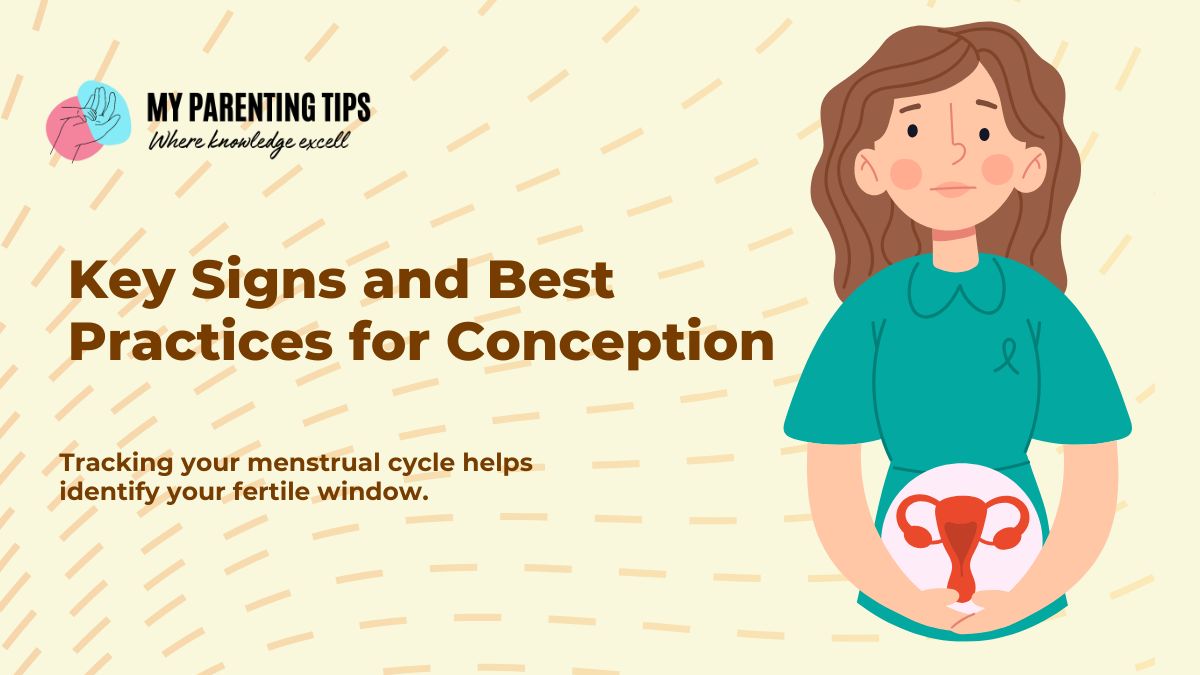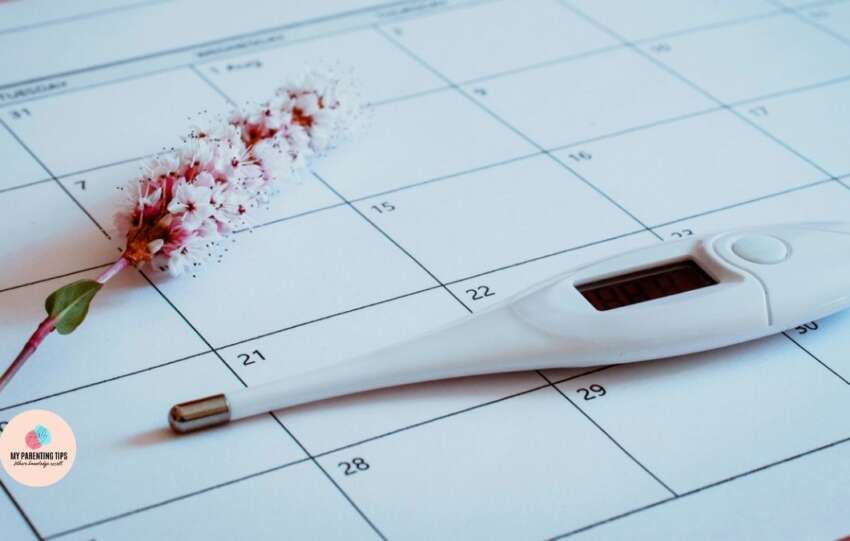Understanding Your Ovulation Cycle: Key Signs and Best Practices for Conception

“This blog post offers knowledge about the ovulation cycle, its main signals, and optimal conception methods. It addresses subjects including tracking menstrual cycles, lifestyle suggestions for increasing fertility, the value of nutrition, whether to consult a doctor, and how to spot ovulation using several techniques.”
Trying to conceive calls for an awareness of your ovulation period. The secret to opening the rich window that is the period most likely to cause pregnancy is This book offers insightful knowledge on ovulation, its symptoms, and effective methods to enhance your chances of conception.
What is Ovulation?
An ovulation is the release from an ovary of a developed egg. Usually, it is once a month. Released, the egg passes down the fallopian tube toward the uterus. Right now, sperm can fertilize the egg. This is the window of plenty.
Important Ovulation Signals
Your body hints to you when ovulation is going to happen. Understanding these indicators will help you identify your fertile window.
- Changes in Cervical Mucus: Your cycle causes changes in this mucus. Like egg whites, around ovulation it becomes transparent, slippery, and flexible. Sperm may swim more readily with this consistency.
- Basal Body Temperature (BBT): The temperature during rest is the basal body temperature or BBT. It declines somewhat immediately before ovulation and subsequently increases somewhat following ovulation. Daily BBT tracking will enable you to see a trend.
- Ovulation Predictor Kits (OPKs): To utilize ovulation prediction kit have a luteinizing hormone or LH test done from the urine . normally LH rises 24 to 36 hours before ovulation. These kits can be quite useful.
- Mittelschmerz: Around ovulation some women have modest, one-sided stomach aches. We use Mittelschmerz here.
To utilize an ovulation prediction kit (OPK have a luteinizing hormone or LH test done in your urine. Usually LH rises 24 to 36 hours before ovulation.
Recording Your Cycle
Understanding your ovulation pattern requires first tracking of your menstrual cycle. You might use a fertility monitor, a period tracking tool, or a calendar. Record your period’s first day as well as your cycle’s length. This knowledge can enable you to forecast the date of ovulation.
Optimal Strategies for Conception
Conceptions depend on timing sexual activities around ovulation. Here are some pointers:
- Time Intercourse: Regular sex is especially important throughout your reproductive window. This raises the possibilities of sperm reaching the egg.
- Comprehend Your Fertile Window: Acknowledging the indications of ovulation will help you to identify your most fertile days. Conceive naturally tips on this.
- Keep a good lifestyle: This helps fertility. This covers stress control, a balanced diet, and consistent exercise.
- Nutrition for Fertility: For This Important foods to increase Fertility-friendly foods diets center on nutrient-dense Foods to boost fertility.
- The best foods for conception are fruits, vegetables, whole grains, and lean proteins. These foods high in fertility supply the nutrition your body requires.
- Control Stress: High stress can compromise fertility and ovulation. Use yoga or meditation to learn stress reducing strategies.
- Maintain a Healthy Weight: Hormone balance and fertility can be disrupted either overweight or underweight. Try for a reasonable weight.
- Avoid Smoking and Excessive Alcohol: These habits might lower fertility. You want to avoid them while trying for a child.
- Consult Your Doctor: See your doctor if you have been unsuccessfully trying for several months. They can check your fertility and offer direction.
Managing Cycle Irregularities
Regular menstrual cycles are not shared by every woman. Irregular cycles may make ovulation more difficult to forecast. See your doctor if your cycle varies. They can provide guidance and allow you to better grasp your cycle.
1. Medical Treatments:
- Hormonal Birth Control: Rings, patches, or birth control tablets can help balance hormone levels and help to lessen bleeding patterns.
- Medications: Your doctor could provide prescriptions for drugs to treat particular problems like hormone imbalances or severe bleeding depending on the reason of the irregularity.
- Surgery: Sometimes structural issues or growths generating irregular bleeding need to be removed by surgery.
2. Handling Fundamental Conditions:
- PCOS (Polycystic Ovary Syndrome): Should PCOS be diagnosed, therapy may call for lifestyle adjustments, medication, or both to balance hormones and increase cycle regularity.
- Thyroid Conditions: Menstruation may be disrupted by thyroid abnormalities. Medication could be part of treatment to control thyroid hormone levels.
- Other Medical Conditions: Any underlying medical disease causing cycle abnormalities will need to be treated suitably.
The Value of Time
Conceiving may take time. One should treat oneself patiently and gently while conceiving. Should it not happen right away, avoid being demoralized.
When Should One Seek Medical Advice?
It’s time to consult a doctor if you have been trying unsuccessfully for 12 months or more (or six months if you are over thirty-five). Examining your circumstances, a fertility specialist can suggest a suitable course of action.
Conclusion
A basic first step in your road to parenting is knowing your ovulation cycle. Your chances of conceiving will rise if you spot ovulation symptoms, change your lifestyle, and, when necessary, consult a professional. Recall that everyone travels a different path. Wait patiently and rely on the procedure.



